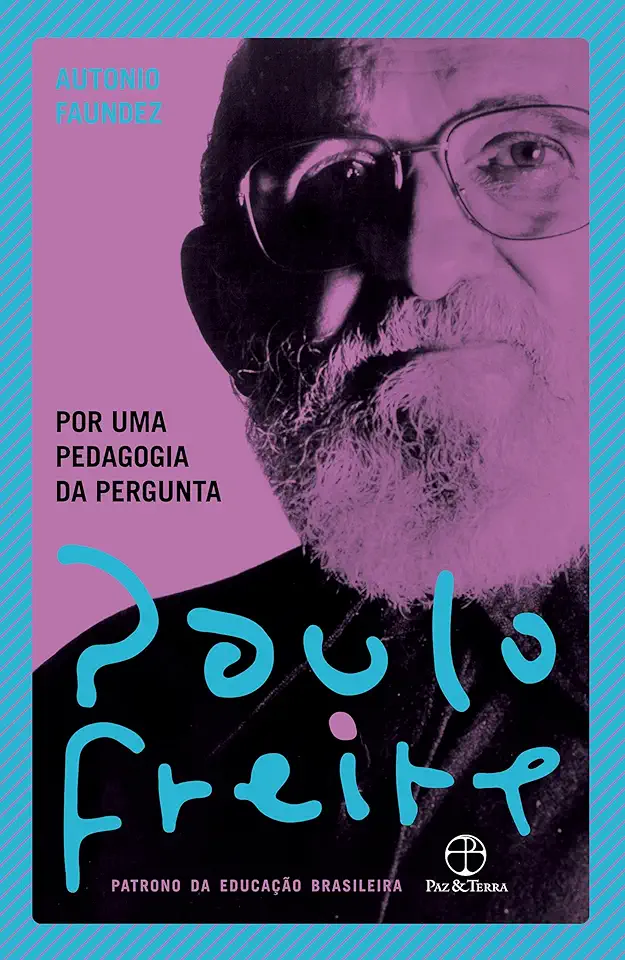
Pedagogy of the Question - Paulo Freire/ Antonio Faundez
Pedagogy of the Question: A Revolutionary Approach to Education
In "Pedagogy of the Question," Paulo Freire and Antonio Faundez present a groundbreaking approach to education that challenges traditional teaching methods and empowers learners to become active participants in their own learning process. Through a series of thought-provoking questions, Freire and Faundez encourage readers to critically examine their assumptions about the world and develop a deeper understanding of themselves and their place in society.
Key Concepts
Problem-Posing Education: Freire and Faundez argue that traditional education, which is based on the transmission of knowledge from teacher to student, is ineffective and disempowering. They propose instead a problem-posing approach to education, in which students are presented with real-world problems and encouraged to develop their own solutions. This approach helps students to develop critical thinking skills, problem-solving abilities, and a sense of agency.
Dialogue: Dialogue is central to Freire and Faundez's pedagogy. They argue that learning is a social process that occurs through interaction and collaboration between learners. Dialogue allows students to share their ideas, challenge each other's assumptions, and come to a deeper understanding of the world.
Conscientization: Conscientization is the process of becoming aware of one's own reality and the social, political, and economic forces that shape it. Freire and Faundez argue that conscientization is essential for critical thinking and social transformation. Through conscientization, learners can develop a critical understanding of their world and take action to change it.
Benefits of Pedagogy of the Question
Freire and Faundez's pedagogy of the question has a number of benefits for learners, including:
- Develops critical thinking skills: By posing questions and encouraging students to think critically about their assumptions, this approach helps learners to develop the skills they need to analyze and evaluate information, solve problems, and make informed decisions.
- Fosters creativity: By encouraging students to explore new ideas and come up with their own solutions to problems, this approach helps learners to develop their creativity and imagination.
- Promotes collaboration: By emphasizing dialogue and collaboration, this approach helps learners to develop their communication and teamwork skills.
- Empowers learners: By giving learners the opportunity to take an active role in their own learning, this approach helps learners to develop a sense of agency and empowerment.
Conclusion
"Pedagogy of the Question" is a must-read for anyone interested in education, critical thinking, and social change. Freire and Faundez's revolutionary approach to education has the power to transform the way we think about learning and empower us to create a more just and equitable world.